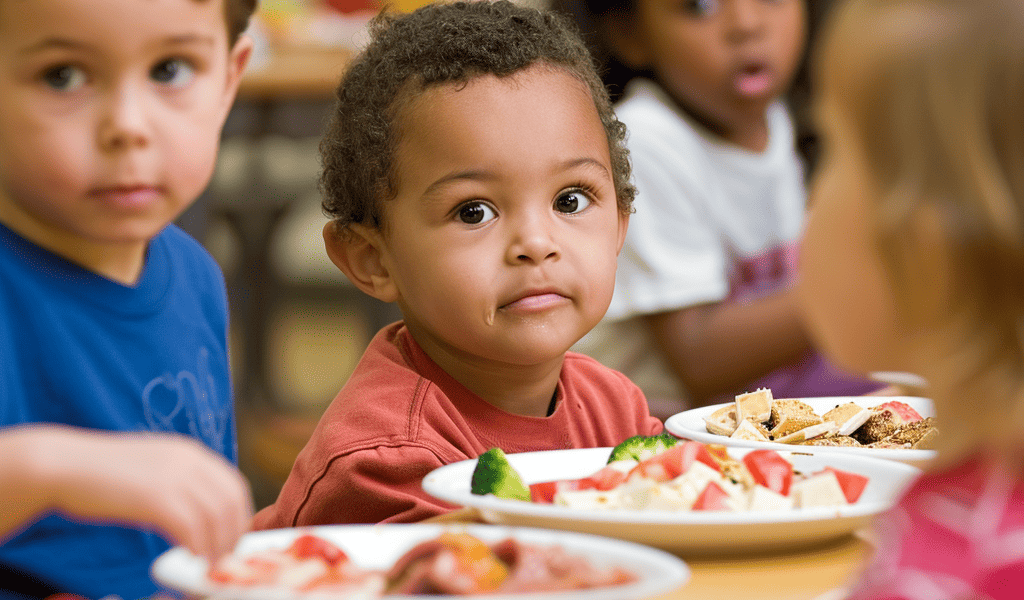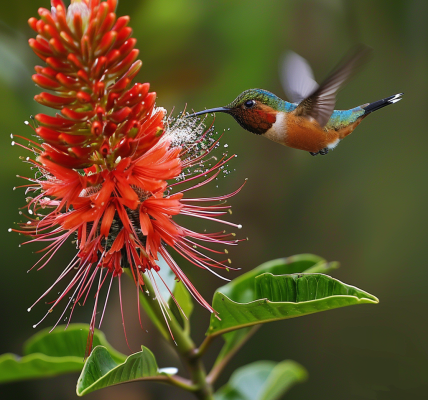Children Anticipate What Others Want, But Great Apes Don’t
New research published in PLOS ONE suggests that the ability to anticipate others’ food preferences may be unique to humans, setting them apart from nonhuman great apes.
The study, conducted by a team of scientists, including Juliane Kaminski, a comparative psychologist at the University of Portsmouth, found that young children from diverse cultural backgrounds have the ability to anticipate other people’s food preferences, while nonhuman great apes do not. The researchers suggest that this ability is linked to social cognition and the concept of ‘theory of mind’—the understanding that others have emotions, thoughts, and desires that are distinct from one’s own.
The study involved 71 children from Samoa, Namibia, and Germany, as well as 25 captive great apes representing bonobos, chimpanzees, orangutans, and gorillas. Both groups were subjected to a test involving three food choices, which were ranked from most to least desirable. The test was designed for nonverbal participation, allowing the apes to perform the same task as the children.
Results showed that the children consistently anticipated the food preferences of the adults, choosing the option that the adults expressed a preference for. This behavior was observed across all three cultural backgrounds, indicating a universal ability among children to anticipate others’ desires. In contrast, the great apes did not exhibit such behavior, showing no indication of considering the preferences of the researchers.
This research sheds light on the development of theory of mind in children and raises questions about the extent to which cultural context influences this cognitive ability. The findings support the notion that the ability to anticipate others’ desires may be a uniquely human trait, setting humans apart from their closest primate relatives.





